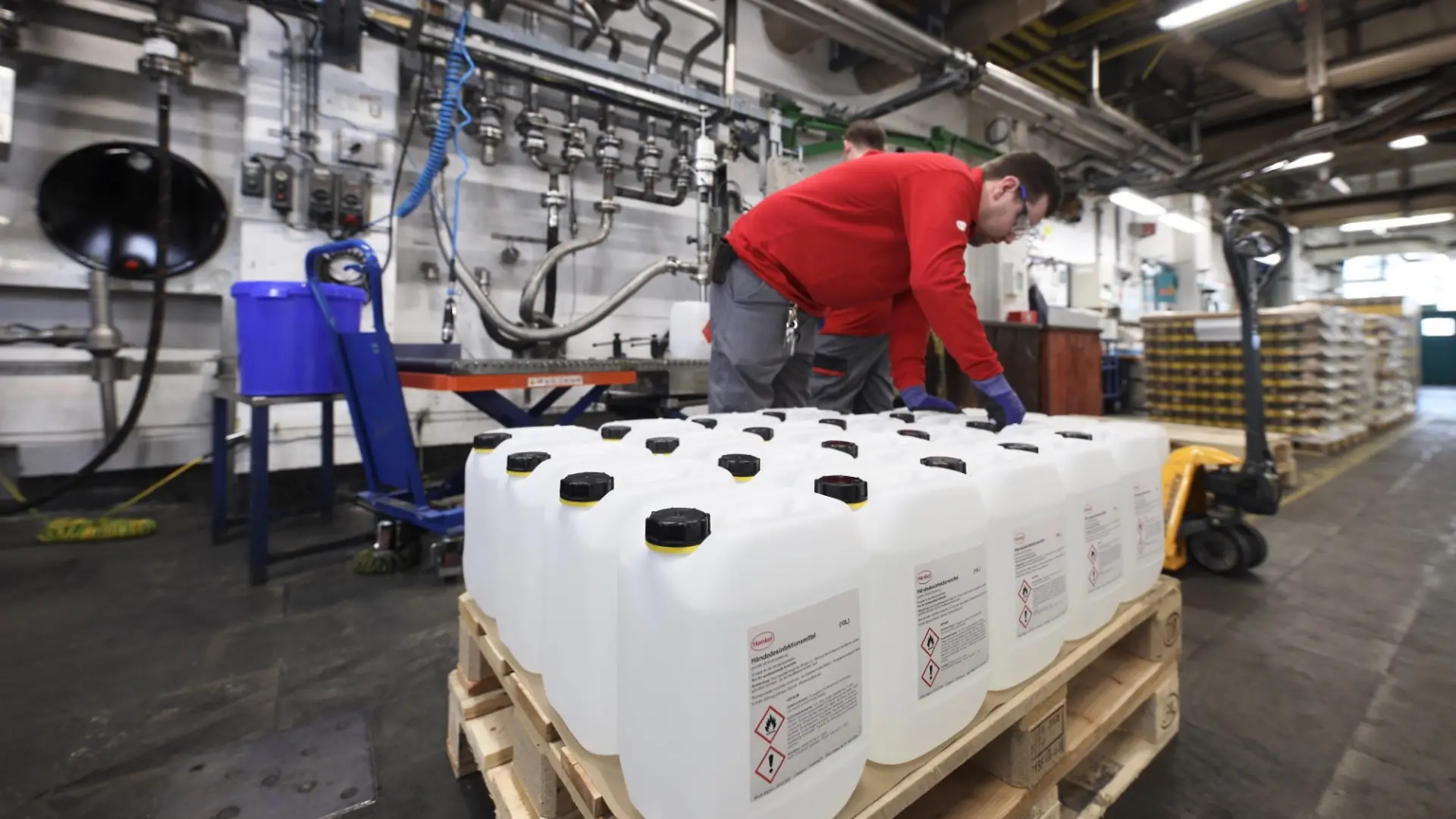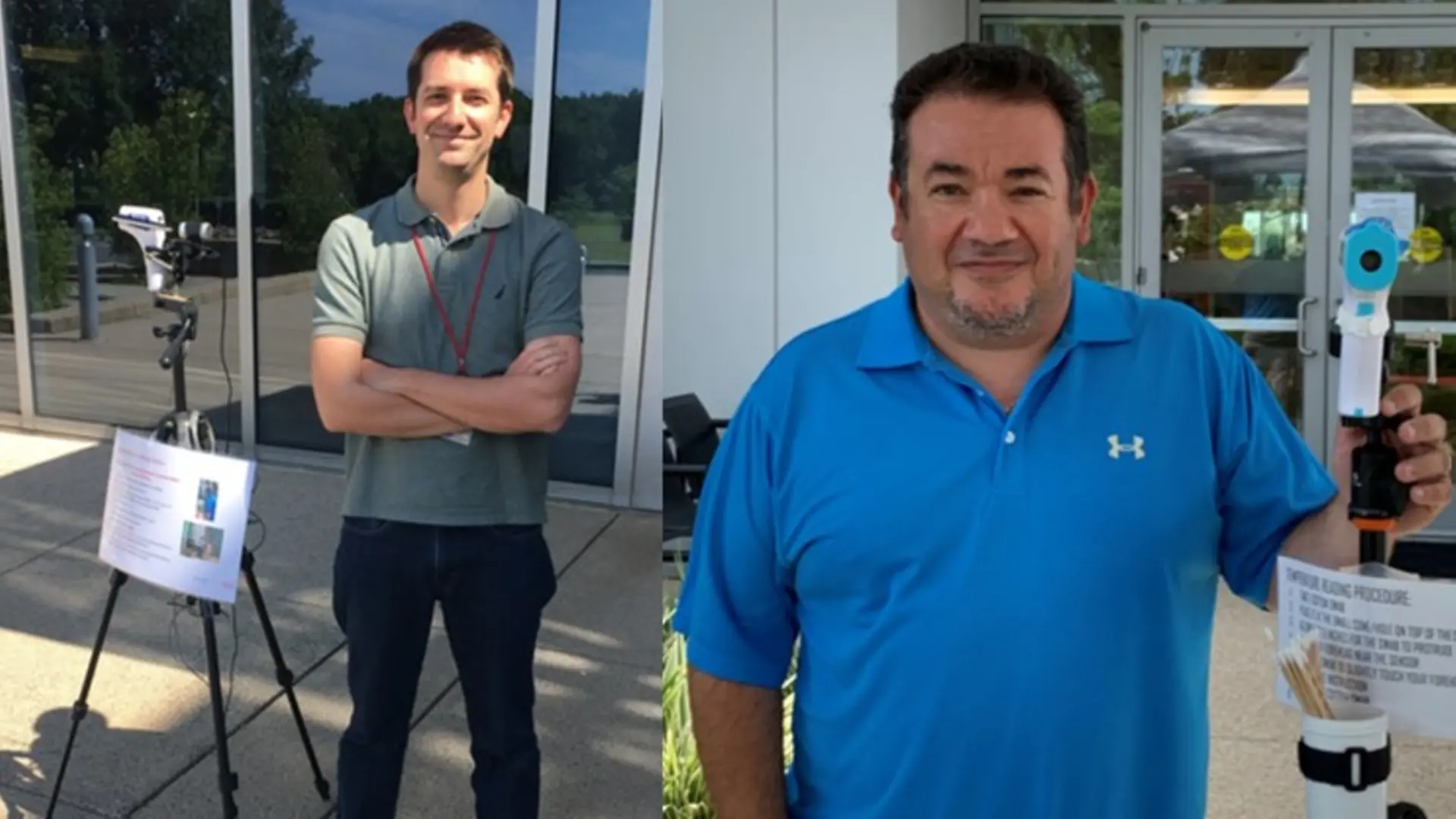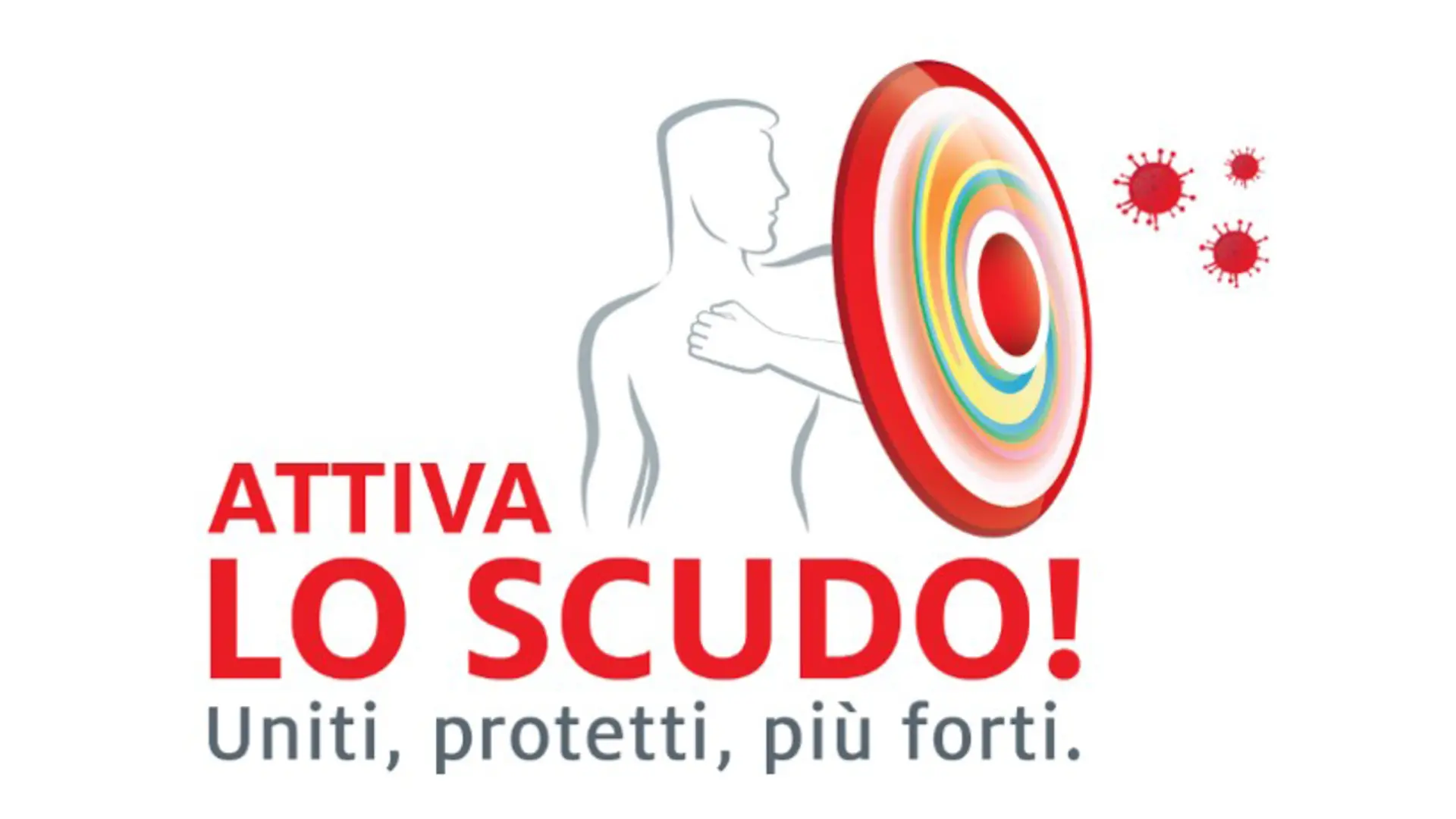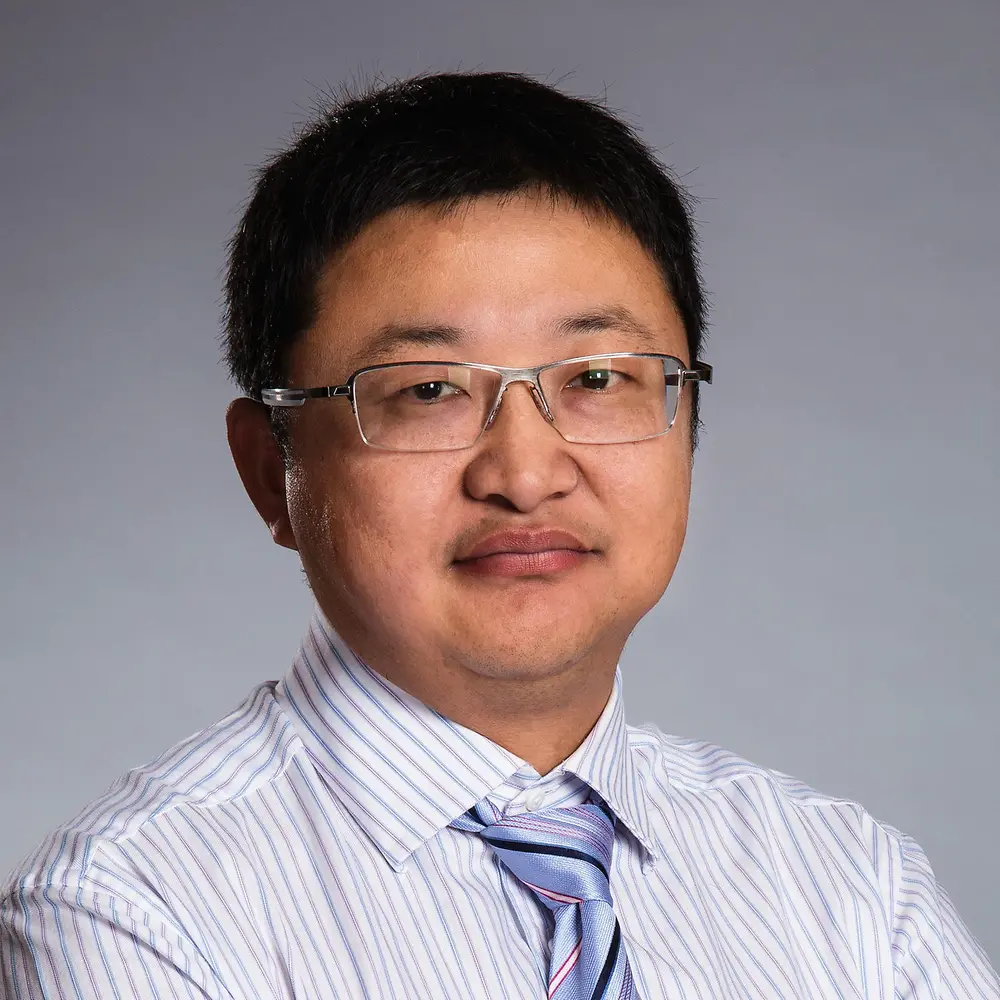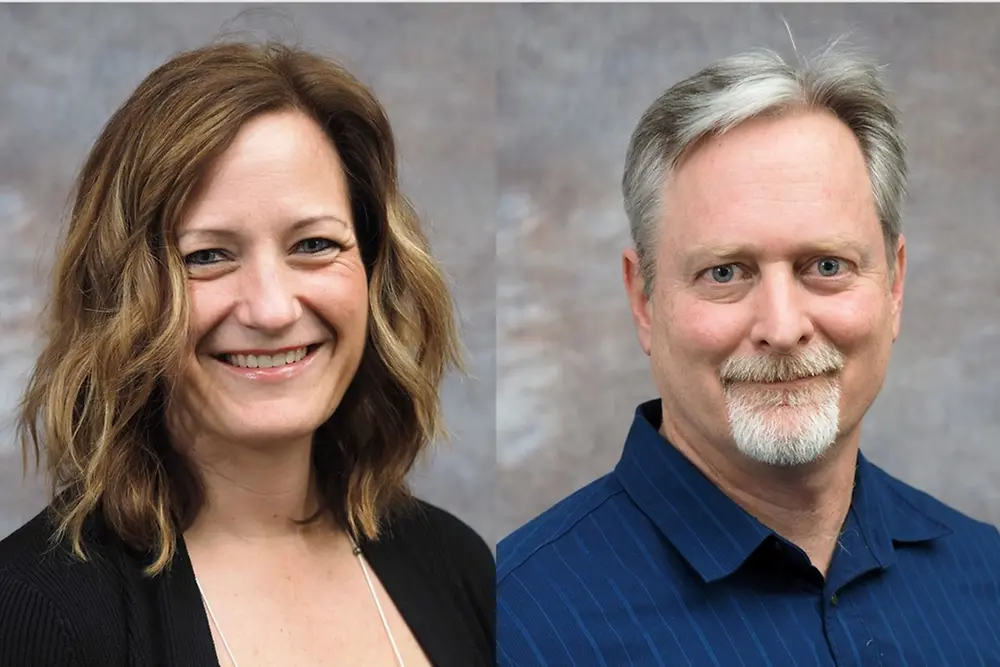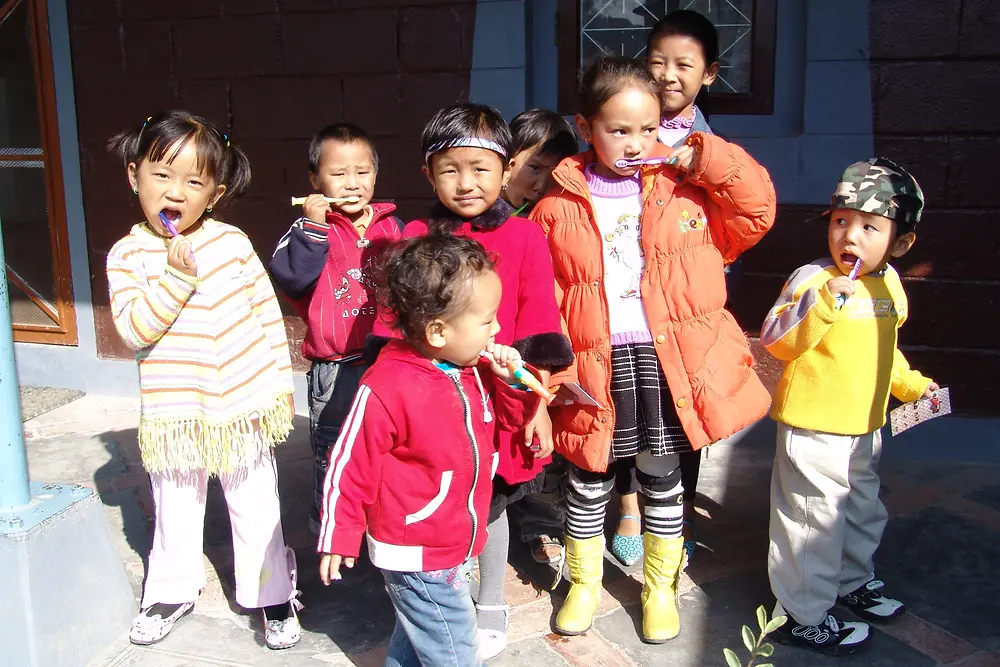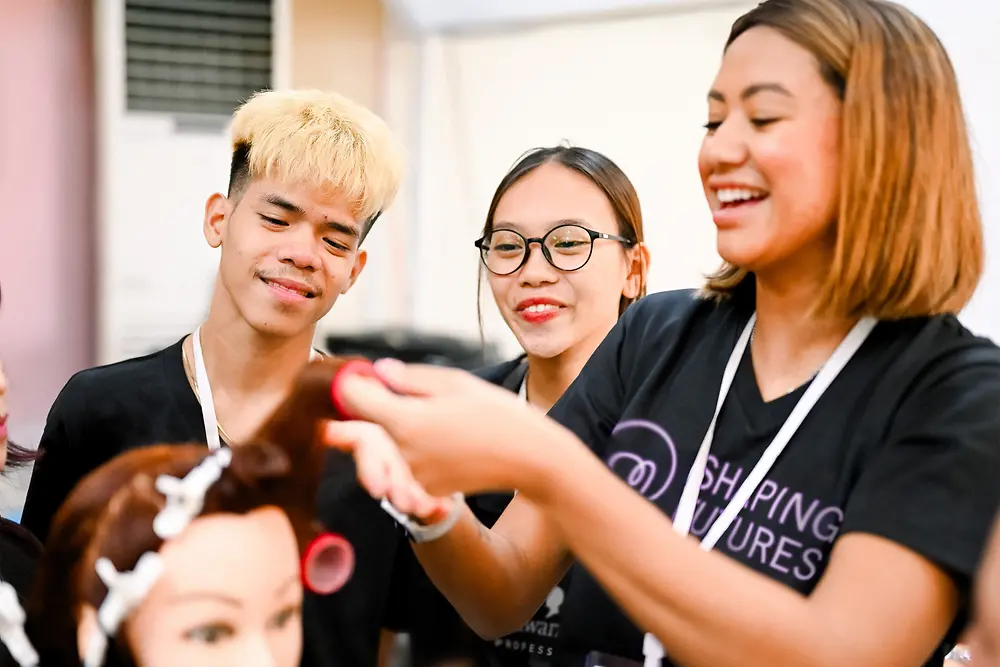Discover the brands and technologies from our business units Henkel Adhesive Technologies and Henkel Consumer Brands.
Good deeds from around the world
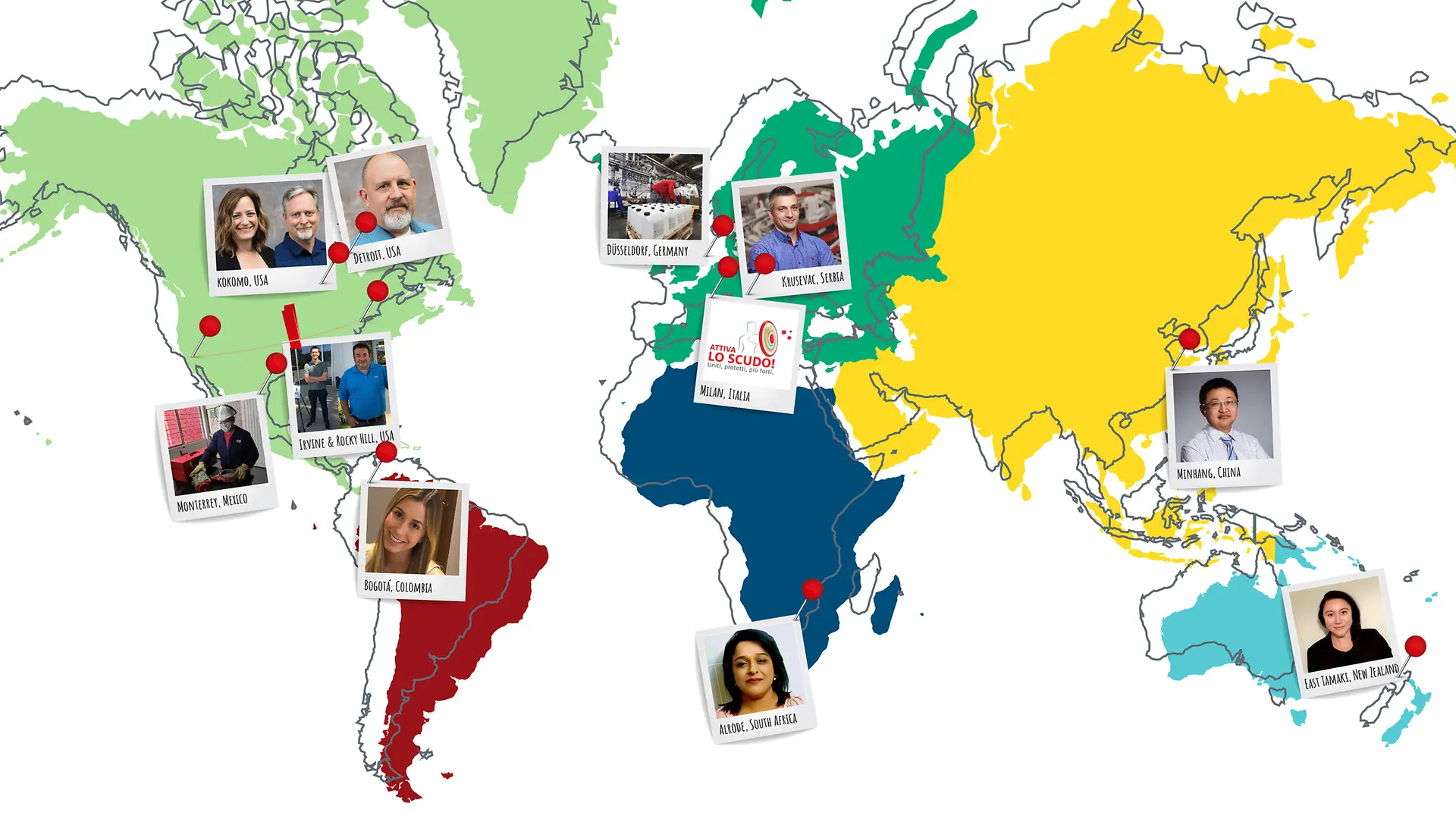
Since its onset, the corona crisis has made a global impact and still affects us today. Masks, social distancing and public hygiene regulations have now become part of everyday life. Especially when the virus started spreading, everyone at Henkel had to learn how to cope with it. Employees from all regions and business units shared their inspiring stories of how they helped their colleagues, communities or the business during the crisis. We collected a few examples.
Minhang, China
During the Lunar New Year holiday, all manufacturing companies were not allowed to operate – creating a “lockdown” in the industry. The site in Minhang was the first one to reopen in China ten days before the official start day set by the Chinese government. This is because the companies that supply to essential businesses, like the Minhang site to the food industry, are classified as exemption cases. Once the site reopened, Leo Li, Site manager of Minhang site in Shanghai, and his manufacturing team immediately started fulfilling customer orders in the canned food industry.
East Tamaki, New Zealand
During the first days of the lockdown in New Zealand, sanitizer and disinfectant were almost impossible to acquire all around the world. Vai Lolohea, Safety, Health and Environment Quality Advisor in East Tamaki, New Zealand, worked tirelessly to support the local crisis management teams and ensure the Adhesive Technologies manufacturing team was taken care of from a safety and mental well-being perspective. Vai investigated and assisted in the production of a small batch of sanitizer based on the WHO recipe for the manufacturing team to use during very stressful times. At the same time, she made sure that the Beauty Care and Laundry & Home Care teams had masks, gloves and sanitizers – some of them sourced from Henkel Japan.
Kruševac, Serbia
Plant manager from Henkel Kruševac, Dušan Antonijević, guided by his strong foresight, led his team through the crisis. Even though Henkel Serbia encountered many obstacles, he managed to keep the team together and in high spirits, taking care of their health and safety and keeping business continuity and the site running against all odds. Despite all difficulties, the site provided an uninterrupted supply to all of its 37 markets. Henkel Serbia was awarded by the Serbian Chamber of Commerce and by the City of Kruševac with Thank you notes for contribution and engagement during the pandemic.
Alrode, South Africa
When the coronavirus hit South Africa, hand sanitizers were scarce. Reshnee Baboolall, Quality Manager for Adhesive Technologies in South Africa, conceptualized a simple idea to develop and produce sanitizer at the Alrode laboratory after the pandemic spread to more and more countries and stores were out of stock. As a qualified microbiologist, she has the knowledge on how to formulate these products. “I therefore decided to put together a formulation which I then had tested by an external laboratory. The laboratory confirmed efficiency of the product.” The hand sanitizer was distributed to all employees and their families to ensure their access to these much-needed hygiene items.
Bogotá, Colombia
When Colombia went on lockdown and many people were stuck at home, Manuela Herrera, Brand Manager Color in Colombia, had a special idea for those who couldn’t reach their hairdressers and had to improvise: She launched a home coloring campaign. Manuela used her entrepreneurial mindset to start an Instagram campaign where a local celebrity was the spokesperson. Once she reached 300 participants, she didn’t stop there. Instead, Manuela decided to do another video and reached out to another much-recognized local celebrity, Carolina Cruz Osorio, a Colombian model. This second how-to video reached over 720.000 views, which is a big success.
Monterey, Mexico
Even with half of his staff of specialist technicians at home, Mauro Aguilar Alvarado, Maintenance Supervisor in Adhesive Technologies Mexico, has been able to sustain an excellent service level in the maintenance department. In addition to the Monterrey Plant, his technical expertise helped solve some situations that occurred during the restart of operations at the Santa Catarina site. However, Mauro’s colleagues say his best quality is his commitment to all the plant staff. They say that he is one of the people who takes the service attitude of his department very seriously. He is always available and open to seek solutions to the various problems that arise every day and always has a smile on his face, bringing happiness to those around him. His sense of responsibility is such that for him there are no schedules, and this has not been the exception during the present situation.
Detroit, Michigan, USA
Ray Score, Finance Manager, volunteers at the Pope Francis Center in Detroit, Michigan. The center provides hot meals, laundry facilities, showers, medical attention, and legal services for the homeless community of Detroit. All of which was hard to preserve with social distancing rules. “Seeing how impactful and valuable the services are to the community that they aid, I got inspired to seek the MIT grant,” says Ray. Henkel’s ‘Make an Impact on Tomorrow’ (MIT) grant enabled the center to continue offering their services at a time when it was most needed. Ray and other volunteers helped to keep the center open, nevertheless. They moved their services outside to accommodate social distancing, where they provided pre-packaged meals, outdoor portable bathrooms and hand washing stations and showers. “I am grateful and touched by Henkel’s commitment and desire to provide support for communities in which we work and live, and their charitable efforts in a time of such great need.”
Indiana, USA
From vehicles to ventilators: One of Henkel’s U.S. automotive customers switched gears to help produce ventilators for the medical sector and reached out to Adhesive Technologies for critical supplies and support. Henkel team members Gary Humble, Technical Manager, and Debbie Wehler, North American Key Account Manager, worked closely with colleagues in the Electronic and Industrial team to draw on their medical adhesive expertise and fill the customer’s pipeline with nine products needed for ventilator production. “Our team worked to get the products sourced and approved, and the facility up and running in an expeditious manner. They also provided considerable help in getting technical questions answered and working through distribution for supply,” says Debbie. Less than a month after announcing its plans, our customer made its first delivery of ventilators to field hospitals set up by the U.S. Federal Emergency Management Association.


